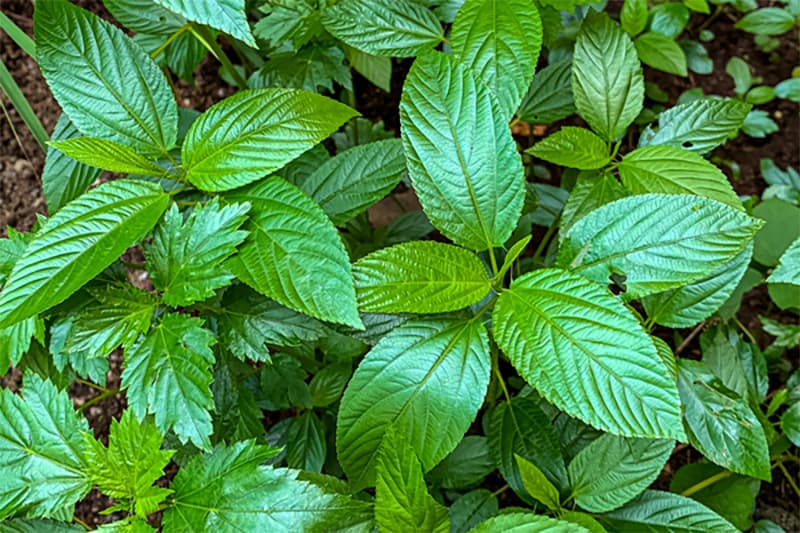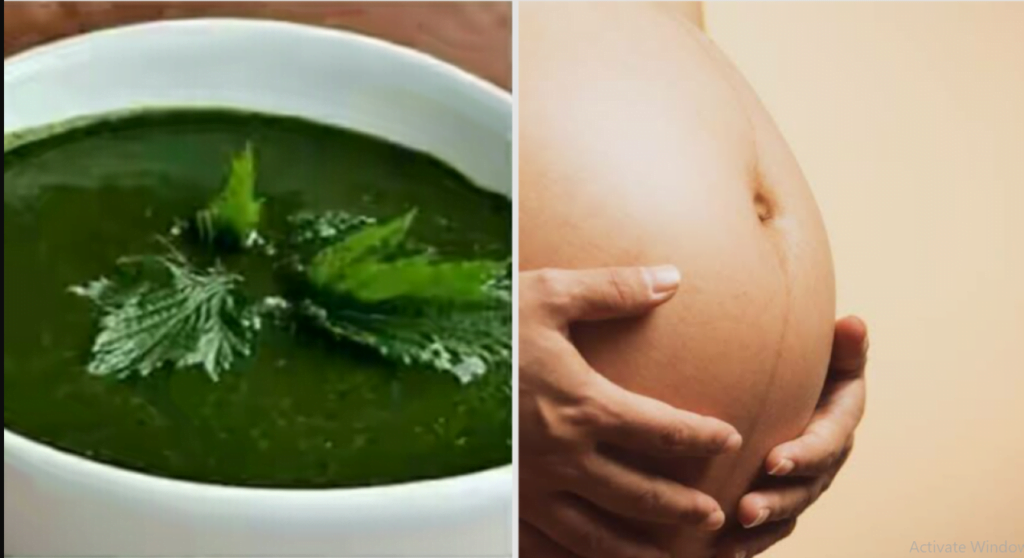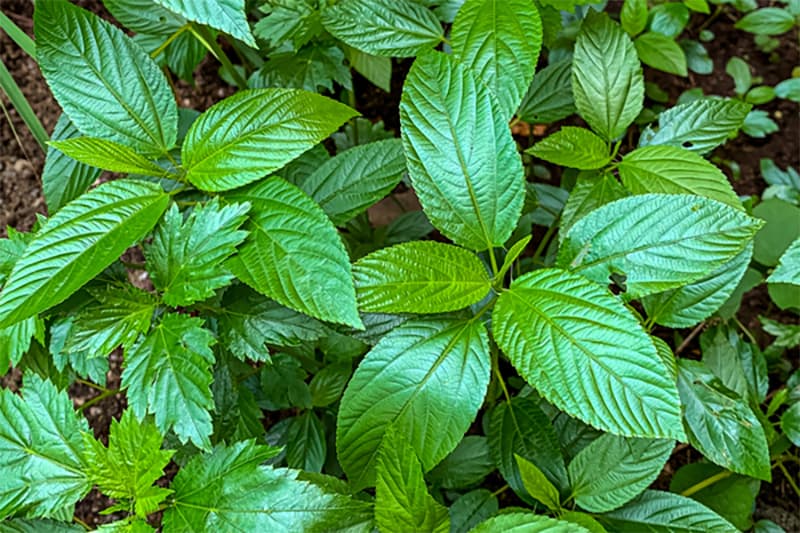Introduction
Jute leaves grow on jute plants. They are not well-known around the world although many people use and consume them.They are most popular in West Africa and widely used in the Middle East and Southeast Asia. The scientific name of the jute is Corchorus Olitorius. The leaves provide immense benefits to the body’s internal and external well-being. They are the major ingredients in the popular ‘ewedu soup’ prepared by Yorubas in Nigeria. Near to Nigeria, the Ghanaians have their version of the jute leaf soup called ‘ademe soup’. A Middle Eastern version is called ‘molokhia’. Prepared a little differently, these soups all agree on one thing – the wonderful benefits of jute leaves.
In this article, we will state all the known health benefits and possible side-effects of these wonderful leaves.

Health Benefits of Jute Leaves
- Strengthens Bones, Gum and Teeth
They are rich in calcium and phosphorous, which are nutrients that facilitate strong bones, gum and teeth. They also reduce the risk of bone degeneration.
- Aids Digestion
Rich in fibre, these leaves keep the bowel moving by facilitating proper and timely digestion, making the job of the kidney and other related organs easy.
- Improves Skin and Hair
Vitamin C, B2, and A work together with Omega-3 fatty acids in jute leaves to improve the healthy state of the skin and hair. They facilitate healing of wounds and collagen production. There is a good reason for referring to them as the ‘fountain of youth’. It rejuvenates the skin.
- Reduces Cholesterol Levels
They are rich in copper and health fatty acids that raise the level of healthy fat or cholesterol in the body. This means that consuming jute leaves will help in preventing or reducing the risk of cardiovascular diseases and encouraging weight loss.
- Reduces the Risk of Cancer
Cancer grows from unhealthy cells that split and contaminate healthy cells. The leaves contain antioxidants that fight to eradicate free radical cells that cause cancer as well as tumors.
Other benefits of the leaves include:
Improved eyesight
Reduces or eliminates internal bleeding
Eases restless leg syndrome
Improved sleep
Jute Leaves in Pregnancy

A pregnant woman can consume these leaves in moderation as they are loaded with a lot of nutrients that are good for mother and baby. There has been no scientific proof that they cannot be eaten during pregnancy. However, it is worthy to note that some women have advised that it should be avoided until they are close to their due date. This is because of the old wives’ tale that it induces labor and makes childbirth easier. However, there is no research backing the claim. The ability of the leaves to ease delivery is not proven at all and we should take the information with a pinch of salt.
Side Effects of Jute leaves
No side effects have been recorded about them except the possibility that they might contain allergens. Please be sure you are not allergic to the leaves before consuming them. If you experience allergic reactions when you get close to or eat jute leaves, reach out to your doctor.
Conclusion
In conclusion, jute leaves have outstanding benefits that come from the wealth of nutrients they contain.
For more on food and wellness, keep reading here











